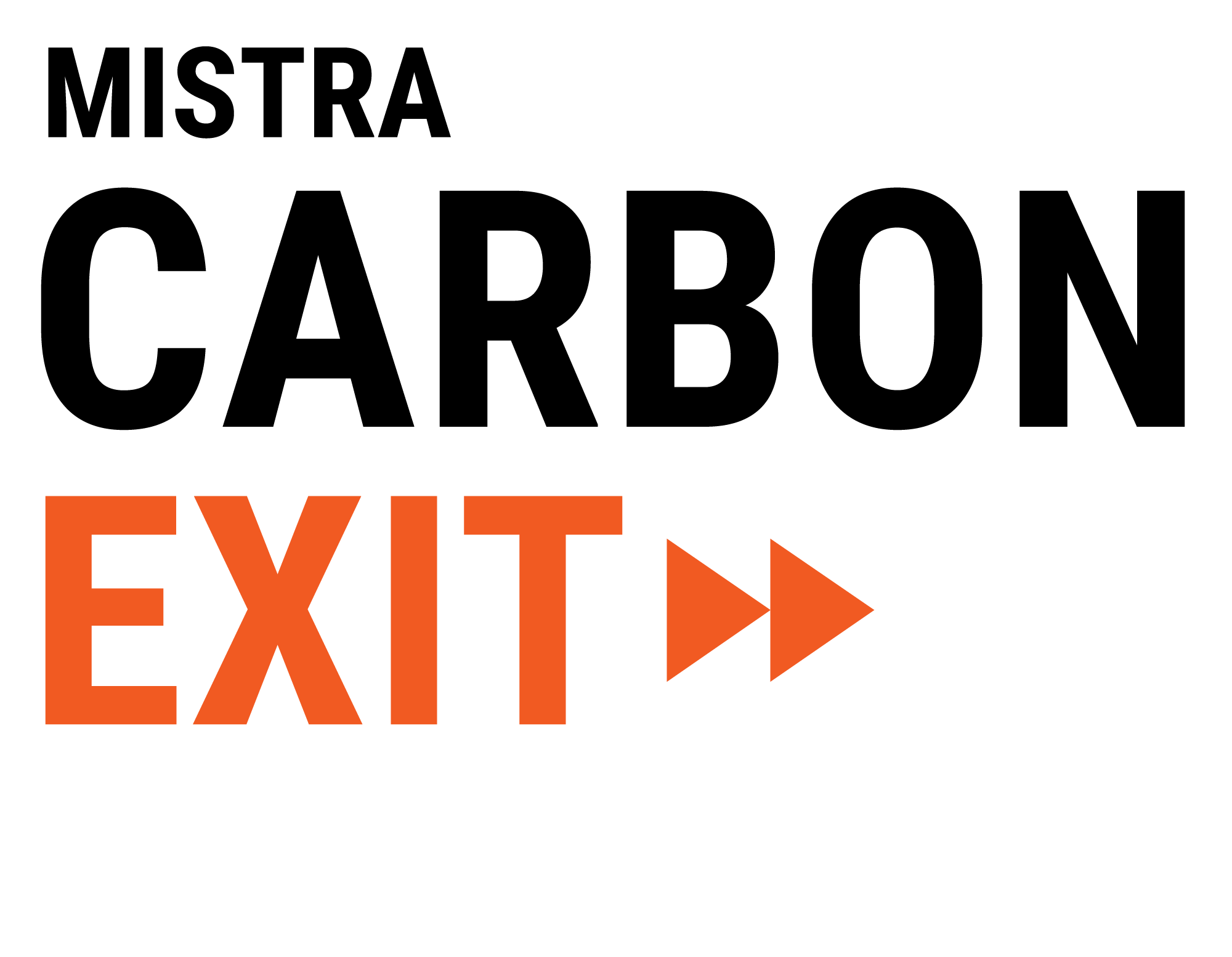Companion Policies under Capped Systems and Implications for Efficiency—The North American Experience and Lessons in the EU Context
This paper by Mistra Carbon Exit research fellows, Dallas Burtraw, Resources for the Future (RFF), Lars Zetterberg, IVL Swedish Environmental Research Institute, and Amelia Keyes, RFF, reviews the interaction of cap and trade with other (companion) air quality and sectoral policies and discusses mechanisms that address inefficiencies, with lessons for the EU.
Key Findings
- Air quality regulations, renewable subsidies and other policies help achieve long-run climate goals.
- As companions to cap and trade, these policies create a waterbed effect, pushing down emissions in one location but leaving overall emissions unchanged.
- The North American cap-and-trade programs reduce the waterbed effect with a minimum allowance auction price, which restricts the supply of allowances when the price is low.
- The EU cap-and-trade program reduces the waterbed effect with the Market Stability Reserve, which cancels allowances based on the number of surplus allowances in circulation.
- Under the MSR, companion policies in the EU will have a greater effect on overall emissions in the next decade the sooner they are implemented.
Download the full report from the RFF website

